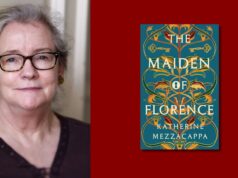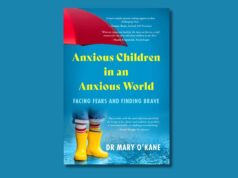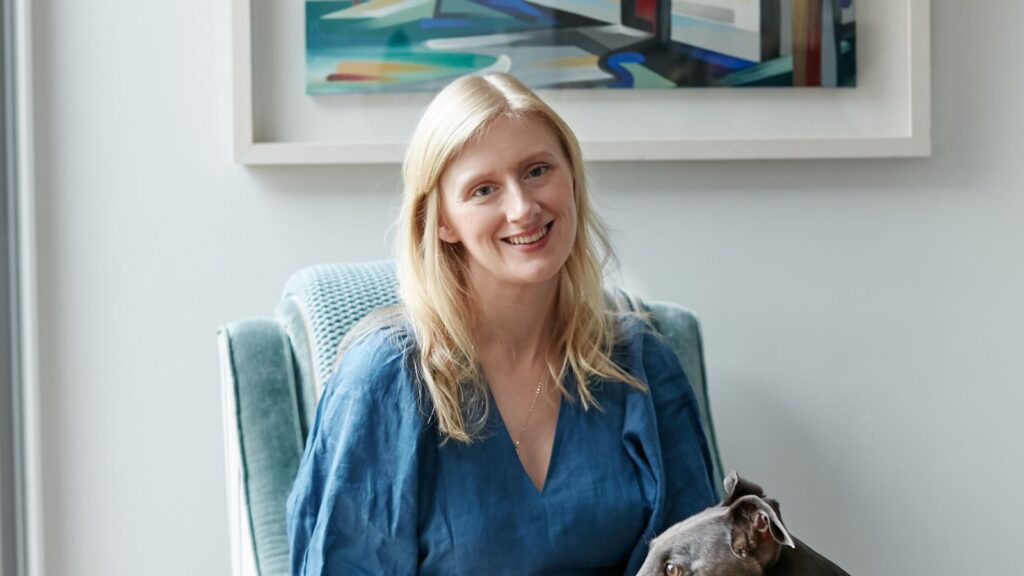
Ruth Ennis talks to Méabh Collins about autism, teenage friendships, and her hopes for her new book, Freya Harte is not a Puzzle
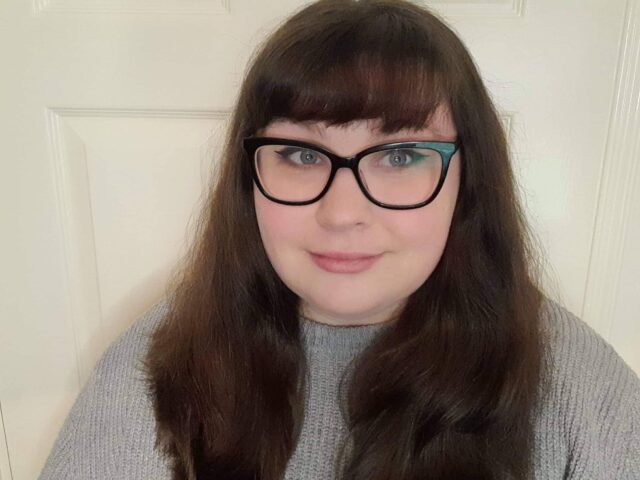
A touching and captivating story, Freya Harte is Not a Puzzle is a welcome exploration of the Irish teenage autistic experience. Suitable for 12+ years, it is very much a book that should be in every secondary school in Ireland.
Told with great sincerity and nuance, Méabh Collins’ debut has cemented itself as one of my favourite reads of 2023 and it was an absolute joy to talk with her about her hopes for this book, her experiences as a debut author, and more.
The book is a story about a teenage girl who was recently diagnosed as autistic—why did you decide to write this story?
In a way, it just happened: I was working on a creative writing assignment as part of a module I was taking at university (the M.Phil. in Children’s Literature at Trinity College Dublin), and the character of Freya arrived in my mind fully formed.
Her story is, I think, the culmination of my own autism diagnosis journey.
Her voice was clear to me, and I knew what she wanted. At the same time, I think Freya was probably a few years in the making, slowly taking form in the back of my mind unbeknownst to me.
Her story is, I think, the culmination of my own autism diagnosis journey. By the time I started writing, I had sat for years with my own experience and reached a point where I was at peace with it. I could now channel all that learning and reflection into something creative.
I was also aware of the lack of autistic teenage girl protagonists in the children’s book world, especially ones on the post-diagnosis journey. It’s a confusing, often lonely experience, and I wanted to explore that as honestly as possible. It felt important.
Why did you want to write about experiences in the Gaeltacht?
On a practical level, setting part of the story in the Gaeltacht enabled me to get Freya out of her comfort zone, which was crucial to the story.
It’s also an experience I’m very familiar with personally. I went to Irish College many times as a teenager and even worked in a few while I was in university. Like Freya, I had many unpleasant experiences there and often felt overwhelmed.
I love when Irish children’s books are culturally specific in an authentic, rather than twee or stereotyped way.
You share a lot with others in Irish College; your bedroom, your meals, the bus. The bathroom is really the only place you have any privacy in that setting. But when you’re in a house with fifteen others, you hardly get a minute to yourself even there. I completely relate to Freya’s struggles to keep it all together.
Thankfully, I also have many lovely, wholesome memories of Irish College, and I love how culturally unique an experience it is for Irish people. It was fun to write about the different elements of it, like the different dances at the céilís. The music and the steps are so familiar to me, and I can picture the teachers and cinnirí watching from the side-lines.
I love when Irish children’s books are culturally specific in an authentic, rather than twee or stereotyped way. I think it adds great texture to a story and gives a rich sense of place.
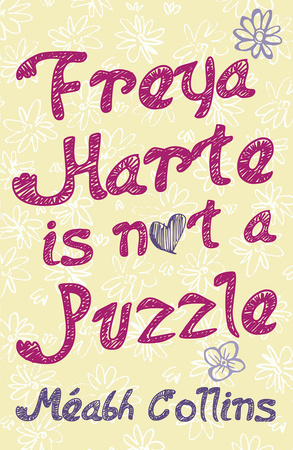
Freya’s always felt different, so when she learns she’s autistic she doesn’t want anyone to know. All she wants is to fit in.
But does she really need to change herself or can she find friends who like her just the way she is. When she and her classmates go away to the Gaeltacht, her goal is to appear as “normal” as possible.
What would you like young readers to take away from reading your book?
More than anything, I hope that readers enjoy the book. In addition to that, I hope that young autistic readers, who perhaps feel self-conscious about their differences or unsure of their place in the world, feel less alone after reading Freya’s story.
If non-autistic readers gain a meaningful insight into the autistic experience, that is a very nice bonus. Fiction is such a powerful tool for cultivating empathy, and if this book helps some feel seen and others to better understand experiences outside of their own, that would make me very happy.
What was your experience as a debut author?
My publication journey was really smooth, and I have everyone at The O’Brien Press to thank for that. My editor, Helen Carr, was so patient with me as I wrestled my way through various drafts and shaped Freya’s story.
Portraying autism is a really big undertaking and there were many important things to consider. I am so grateful to Helen for listening to my thoughts and concerns throughout the editorial process and always respecting the sensitivity of this subject.
Portraying autism is a really big undertaking and there were many important things to consider
I am also very grateful to the rest of the team at The O’Brien Press, who were so supportive and generous at every other stage of the publication process. While writing this book was a cathartic experience for me, it was also quite emotionally draining, so I feel very fortunate to have had such a positive and straightforward experience.
Can you tell me about how you write friendships in the book?
I think it’s a very natural part of the transition from primary to secondary school. For some, the prospect of making new friends is exciting, and for others it’s completely daunting. Freya clings to her friendship with Orla because it’s what she knows. She doesn’t understand that the friendship has changed, and that Orla is trying to move on. It’s a really tough time for her, but I see things from Orla’s perspective too.
I was very interested in delving into the complexities of teenage friendships
The stakes feel so high in secondary school and doing the “right” thing – wearing the “right” clothes, having the “right” friends – often feels like the most important thing in the world. A really intense survival mentality can take over in secondary school. I was very interested in delving into the complexities of teenage friendships, especially from the perspective of a character like Freya, who doesn’t always pick up on social cues.
Her friendship with Orla likely started when they were very young, and she probably doesn’t remember how they arrived at being friends. But when she meets Shannon and the Something Clever group of girls, it’s the first time she has to really think about what a friend is and how to be one. This skill doesn’t come naturally for her, but she figures it out on the way. A lot of it is really about learning to navigate and cope with change.
How do you feel about how autism is portrayed in media?
I think it’s improving all the time. There has been a huge increase in autistic people telling their own stories, which has brought much needed nuance and depth to portrayals of the autistic experience in the media.
It has also helped to break down many of the stereotypes: not only are we now seeing more autistic girls in the media, but autistic boys aren’t being portrayed as one-dimensionally anymore either. I came across a show on Disney+ recently, Not Dead Yet, which features an autistic character (played by an autistic actor) who works as an environmental lawyer and has a girlfriend. He and his roommate joke about why you shouldn’t get autism information off TikTok and frequently have mild but funny breakdowns in communication.
It has also helped to break down many of the stereotypes
Considering the autistic male is often portrayed as a loner with no social skills and a strict interest in maths and science, I found it quite refreshing and humanising. In terms of what works, I think it’s important that storytellers lead with care, empathy, and curiosity in their portrayals of autism.
It’s not fair to use autistic characters as punchlines or plot devices; that’s just bad writing. I also think it’s important to listen to different autistic voices to develop a deeper understanding of the autistic experience, which is why I included the list at the end. I am a bit ambivalent about author’s notes in books (I find that they intrude on my space as a reader sometimes), but I feel strongly that the voices on that list need to be heard and readers might not find them otherwise.









